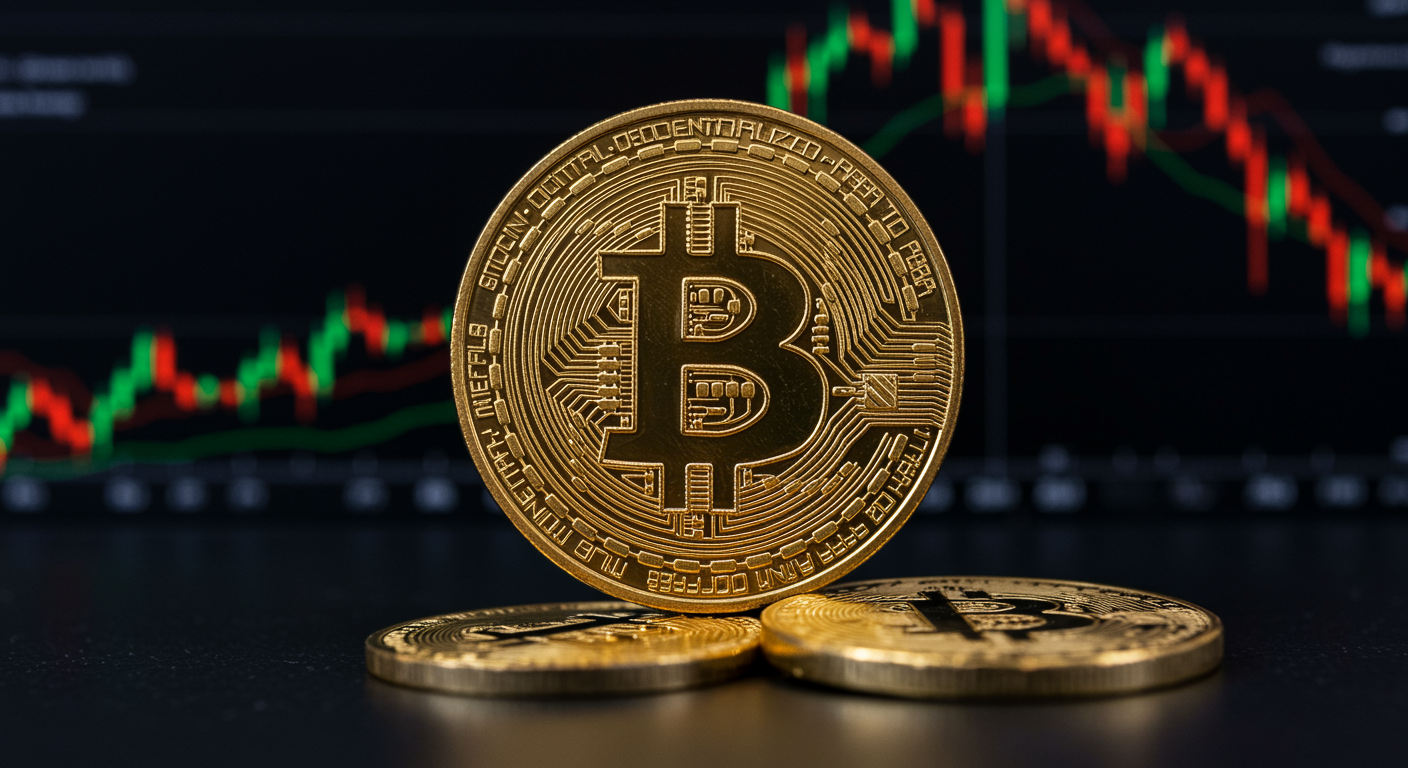Is Bitcoin the Winner If Powell Gets the Boot? Turkey’s Currency Crisis Offers Insight
Bitcoin’s Resilience Amid Dollar Weakness: What the U.S. Can Learn From Turkey’s Currency Collapse
As the U.S. dollar hits a three-year low, Bitcoin (BTC) has defied expectations, continuing to rise even as Wall Street faces losses. Trading around $87,000, Bitcoin has gained 2% in the last 24 hours, hinting that the cryptocurrency may be taking its first steps toward being seen as a legitimate safe-haven asset.
This shift away from the U.S. dollar to alternative, more resilient assets like Bitcoin and stablecoins could gain momentum if President Donald Trump moves ahead with his plans to oust Federal Reserve Chairman Jerome Powell. These developments have already led to a decline in the U.S. Dollar Index (DXY), as well as downward pressure on U.S. stock markets.
Turkey’s ongoing currency crisis offers a stark lesson for the U.S. In recent years, President Recep Tayyip Erdogan’s continuous interference with Turkey’s central bank has been a key factor in the plummeting value of the Turkish lira (TRY), prompting a significant portion of capital to flow into Bitcoin and stablecoins. Since at least 2020, the Turkish public has turned to crypto assets to safeguard their wealth from the lira’s devaluation.
Trump’s Fed Confrontation
Trump has long been a vocal critic of the Federal Reserve and its leadership under Jerome Powell. While Trump has called for aggressive rate cuts to stimulate the economy, Powell has adopted a more cautious stance, especially in light of recent stagflation concerns. Trump’s frustration with Powell has escalated recently, with reports suggesting he may be seeking ways to remove Powell from office, even going as far as labeling the Fed chair a “major loser.”
This rhetoric has raised concerns among investors who worry that the President’s actions could undermine the credibility and independence of the Federal Reserve, exacerbating market instability. While Powell argues for cautious policymaking to avoid worsening inflation, Trump insists on immediate rate cuts, despite potential risks.
Turkey’s Currency Crisis as a Cautionary Tale
In 2019, President Erdogan began intervening in Turkey’s central bank operations, directly influencing its monetary policy. The result was catastrophic: the Turkish lira has lost more than 80% of its value, from 5.3 TRY per U.S. dollar to a staggering 38 TRY per dollar by 2025. This collapse was fueled by Erdogan’s opposition to raising interest rates, despite soaring inflation in the country.
The lira’s depreciation triggered a wave of capital flight, with Turkish citizens and institutions increasingly seeking refuge in Bitcoin and stablecoins to protect their savings. The situation in Turkey highlights the dangers of central bank interference, especially in times of economic stress.
Potential U.S. Dollar Decline and Global Repercussions
While the U.S. dollar’s situation is unlikely to mirror Turkey’s lira collapse in such a dramatic fashion, the risks of undermining the Fed’s independence could lead to a significant devaluation of the dollar. The DXY has already fallen over 10% in recent months, signaling potential weakening in the greenback.
As the world’s primary reserve currency, a faltering dollar could have far-reaching consequences on global markets. Countries that hold large reserves of U.S. assets, such as China and Japan, may begin to reconsider their investments if they lose confidence in the stability of the U.S. financial system.
The Rise of Bitcoin as an Alternative Asset
The possibility of the U.S. dollar weakening further, combined with uncertainty surrounding monetary policy, could drive both domestic and global investors to look for alternatives. As Turkey’s experience demonstrates, when a fiat currency loses value due to government interference, Bitcoin and other decentralized assets can act as a safe haven.
For U.S. investors, Bitcoin’s decentralized nature and resistance to inflationary pressures may prove more attractive as a store of value. If central bank policies lead to further dollar instability, Bitcoin’s appeal as a hedge against fiat currency risks may continue to grow.
Ultimately, the lessons from Turkey’s currency crisis and the ongoing debates surrounding U.S. monetary policy could shape the future of Bitcoin as a global alternative asset, solidifying its role in the portfolios of investors seeking protection from traditional financial systems.
Share this content:













